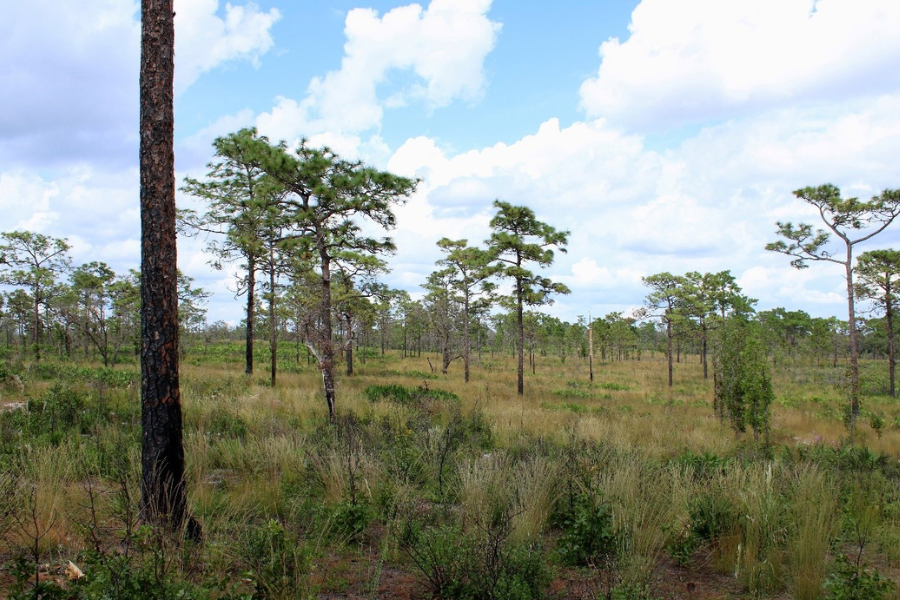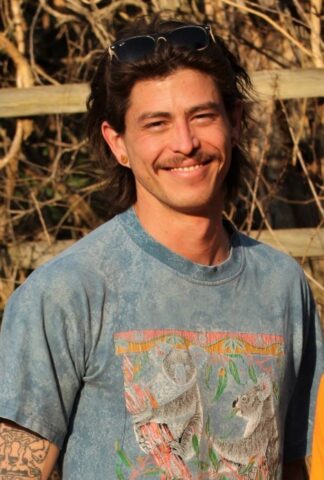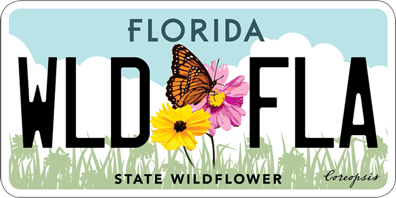October 17 @ 2:00 pm – 3:00 pm
Due to unforeseen circumstances, this webinar has been rescheduled from Wednesday, October 15 to Friday, October 17. We apologize for any inconvenience this may cause. This webinar will be recorded and posted here.
Join us on Friday, October 17 at 2pm for our webinar “The Flora of the Southeastern United States project: Flora apps and tools for better botany” presented by Scott Ward, Research Botanist at North Carolina Botanical Garden and NCU Herbarium.
The Flora of the Southeastern United States (FSUS) project draws on centuries of North American floras, extensive taxonomic and nomenclatural databases, thousands of botanical and floristic publications and an assortment of plant identification resources. More recently, the FSUS project has expanded beyond its original PDF (Weakley’s Flora) to include two additional products: the FSUS website and the field-ready mobile app FloraQuest. These products add an innovative approach to plant identification by combining data from dynamic flora database Flora Manager with a suite of new, convenient features that all serve to more efficiently inform southeastern field botany. Join Scott Ward, Research Botanist, as he demonstrates how to identify plants using the full suite of features offered in the PDF, FSUS website and FloraQuest: Florida.
Presenter: Scott Ward
Scott Ward is a research botanist at North Carolina Botanical Garden (NCBG) working for the Flora of the Southeastern United States project with Alan Weakley, Michael Lee and UNC-Chapel Hill Herbarium (NCU) staff. Scott has broad experience working in botany and vegetation ecology across eastern North America, with research experience in wetland and community ecology in the Great Lakes region, rare plant demography and fire ecology in central Florida, and botanical education and taxonomic research in North Carolina and the broad southeastern United States. Originally from the Finger Lakes of New York, Scott earned his B.S. and M.S. in Plant Ecology from SUNY Brockport, studying how lianas (woody vines) and native and non-native congeneric species (species of the same genus) interact in forested habitats. In addition to the many engaging opportunities within his current position at NCBG, Scott is particularly interested in making technical botany accessible by creating functional dichotomous keys, comprehensible flora information, and aggregating tens of thousands of diagnostic plant photographs for use not only by botanists and career ecologists, but also by a wide range of non-professional and hobby-naturalists.


This webinar will be recorded and available on our website 48 hours after the event. A link will be sent to all those who register. Only the first 500 attendees will be able to enter the webinar; if we reach capacity before you join, you can view the recording that will be emailed to you.

